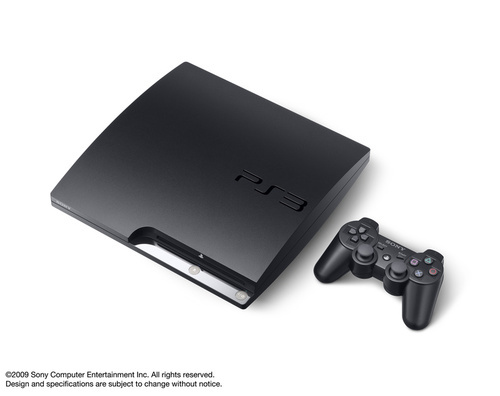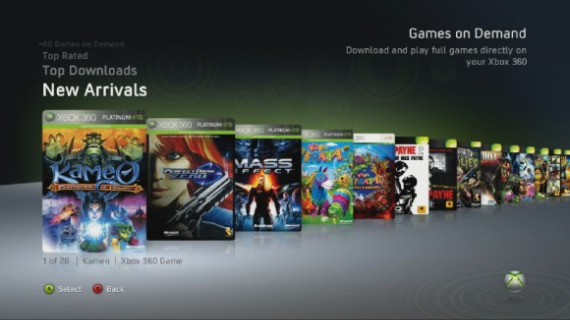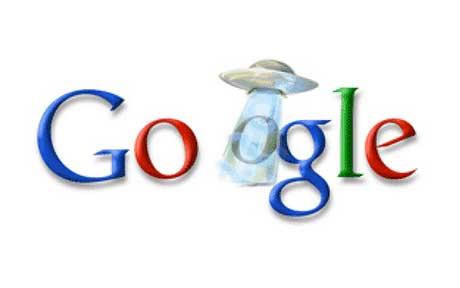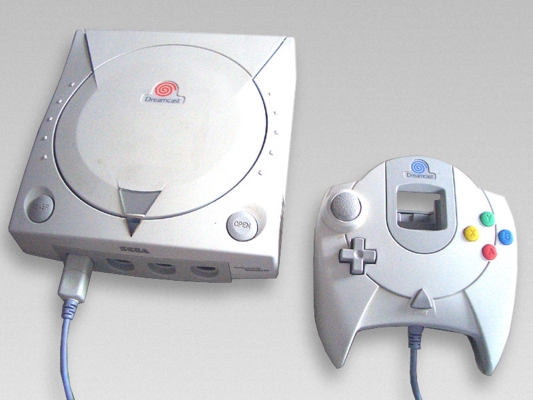 It’s been rumored lately that Nintendo will cut the Wii’s price from $250 to $200 some time this month. That wouldn’t be a surprising maneuver, as Sony and Microsoft have recently tinkered with their own home console pricing.
It’s been rumored lately that Nintendo will cut the Wii’s price from $250 to $200 some time this month. That wouldn’t be a surprising maneuver, as Sony and Microsoft have recently tinkered with their own home console pricing.
But at first, I laughed off the news. Nintendo doesn’t even have a killer app for the holidays, I thought to myself, wondering whether a measly $50 price cut would really help juice the lead between the Wii and its competitors.
Then again, I initially forgot about Mario.
Confession: I’ve had enough of Mario ever since 2007’s Super Mario Galaxy — hailed by critics as nothing short of perfection. In my eyes, Mario 64 was the last game to bring with it a sense of magic, so either I simply grew out of Mario, or Nintendo dropped the ball. Either way, after 20-plus years of playing video games, I approached Galaxy with a “been there, done that” mindset, and the game didn’t sway me.
But I’m in the minority, and sometimes I lose sight of Mario’s enduring popularity. That’s why, when I looked at NPD’s August sales figures, I was shocked to see New Super Mario Bros., a Nintendo DS game that is 3 years old, hanging in 12th place for software sales. And that doesn’t count the number of people who bought a used copy of the game. The Nintendo DS was the top-selling console last month, at 552,900 units, and I’m sure many of those consumers chose New Super Mario Bros. as one of their first purchases.
Here’s the kicker: New Super Mario Bros. Wii is coming out in November. It’s essentially the same side-scrolling, 2D Mario game you’ve been playing for decades, but with up to four players at a time. The idea couldn’t bore me any more, but I know people will lap it up. Pair that with a Wii price cut, and Nintendo’s golden again.
I know, I said 2009 is the Year of the Playstation 3, and I still believe it, in that Sony will hit a major turning point this year. But Nintendo, which has reigned since the Wii debuted in 2006, isn’t going anywhere anytime soon.

 Even with the reduced-price PS3 Slim arriving at the tail end of August, Sony’s console gained considerable ground on the Xbox 360 and the Wii
Even with the reduced-price PS3 Slim arriving at the tail end of August, Sony’s console gained considerable ground on the Xbox 360 and the Wii  Man, we’re getting so close to having Apple as a real contender in the handheld game console wars, I can feel it.
Man, we’re getting so close to having Apple as a real contender in the handheld game console wars, I can feel it. With Sony launching the download-only PSP Go next month and Microsoft recently launching premium game downloads over Xbox Live, the seeds are planted for a fully digital future.
With Sony launching the download-only PSP Go next month and Microsoft recently launching premium game downloads over Xbox Live, the seeds are planted for a fully digital future. If you happened to use Google on September 5, you might’ve seen a UFO sucking up the second “O” in the company’s name.
If you happened to use Google on September 5, you might’ve seen a UFO sucking up the second “O” in the company’s name. It’s not full-fledged multitasking, but Loopt will be the first third-party app to send out information even when you’re not actively using it.
It’s not full-fledged multitasking, but Loopt will be the first third-party app to send out information even when you’re not actively using it. Next Wednesday will mark the Sega Dreamcast’s 10th birthday, having launched on September 9, 1999. Less than a year and a half later, Sega discontinued the console, facing competition from Sony’s Playstation 2, the looming threat of Microsoft’s Xbox and some friction within the company.
Next Wednesday will mark the Sega Dreamcast’s 10th birthday, having launched on September 9, 1999. Less than a year and a half later, Sega discontinued the console, facing competition from Sony’s Playstation 2, the looming threat of Microsoft’s Xbox and some friction within the company. In the battle to tell people where to go and what to eat,
In the battle to tell people where to go and what to eat,